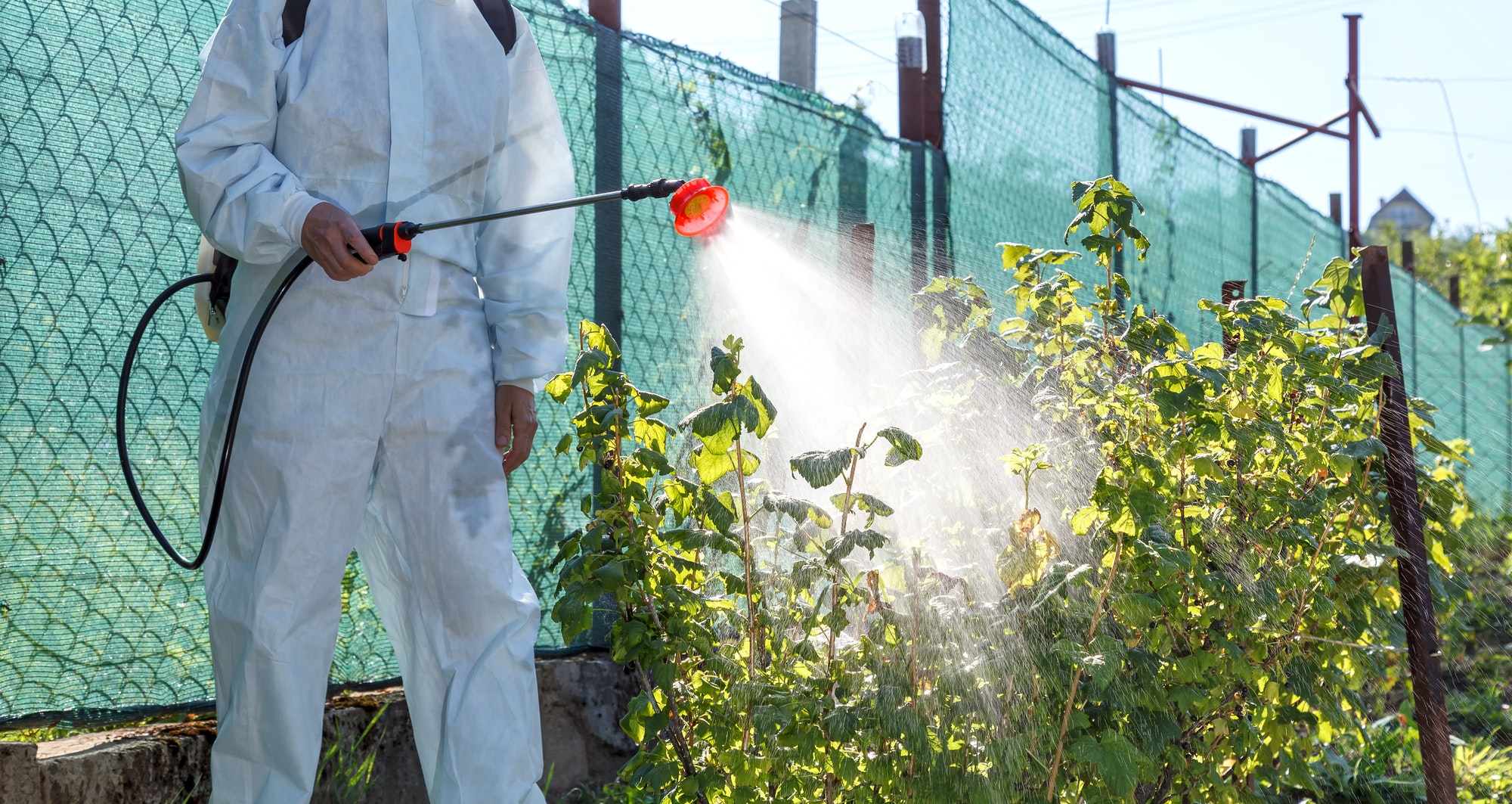What’s the Latest in Organic Pest Control for UK Home Gardens?

Gardening, to many, is a form of art that involves nurturing plants back to life and witnessing them bloom in all their splendour. However, the joy of gardening might be marred by a common nemesis – pests. Insects and pests can wreak havoc on your exquisite garden, causing significant damage to your plants. Hence, pest control becomes an essential part of maintaining a thriving garden. But with the growing concern for our environment, organic pest control has taken centre stage. Natural and organic products are being sought after, as they offer a way to control pests without harming our ecosystem. This article explores the latest organic pest control trends for home gardens in the UK.
The Rise of Organic Pest Control
The rise in the popularity of organic pest control is unmistakable. We have seen a shift towards natural products in many aspects of our lives, and pest control is no exception. The use of harsh chemicals that harm both the environment and non-target creatures has raised considerable concern. As a result, organic methods, which are gentler on the environment and beneficial organisms, have become the go-to solution.
Also read : What’s the Potential of Micro-Hydro Power in UK’s Renewable Energy Mix?
Organic pest control involves techniques and products that are not harmful to the environment, humans, or pets. They include methods such as the introduction of predatory insects, the use of nematodes, and organic sprays. These methods are not only effective but also contribute to the balance and health of your garden ecosystem. They can help you maintain a beautiful garden while also preserving the environment.
Nematodes: The Microscopic Heroes
One of the products gaining immense popularity in the organic pest control world is nematodes. These microscopic roundworms are useful for controlling various pests that can destroy your garden from the roots up.
This might interest you : What Are the Best Online Platforms for UK Adult Continuing Education?
Nematodes are naturally present in the soil, and certain types are predators of garden pests. When introduced into your garden, they can help control a wide range of pests, including slugs, vine weevils, and aphids. The nematodes enter the bodies of these pests and release bacteria that lead to the pest’s death within a few days. This method is entirely safe for plants, humans, and pets.
Unleashing the Predatory Insects
While insects are often seen as the enemy in a garden setting, some insects can actually be beneficial. Predatory insects are a natural and efficient way to keep pest populations under control.
There’s a range of predator insects that you can introduce to your garden. Ladybirds, for instance, are known to feed on aphids, while lacewings and their larvae can tackle different types of pests including aphids, mites, and caterpillars. These helpful insects are voracious eaters and can help reduce the number of pests in your garden significantly.
The Power of Organic Sprays
In the line-up of organic pest control methods, sprays made from natural ingredients are a favourite. These sprays contain substances that either repel pests or kill them while having minimal impact on non-target organisms.
There’s a range of organic sprays available in the market, from ones that use garlic or chilli, to others that contain neem oil or insecticidal soaps. These sprays work by deterring pests or disrupting their life cycle, thereby helping to control the pest population in your garden.
Improving Soil Health
Finally, one of the most effective organic pest control strategies involves improving the health of your garden soil. Healthy soil is essential for growing healthy plants that are less susceptible to pests.
One way to improve soil health is by adding organic matter such as compost or aged manure. This not only improves soil structure and nutrient content, but also encourages the growth of beneficial soil organisms that can help control pests. Additionally, rotating crops and planting pest-resistant varieties can also contribute to better soil health and fewer pests.
In conclusion, organic pest control offers a sustainable and eco-friendly alternative to traditional pest control methods. While it may require more time and effort, the benefits to the environment and your garden’s health are well worth it. With the latest trends in organic pest control, maintaining a beautiful, pest-free garden has never been easier.
Companion Planting: An Age-Old Technique with a Modern Twist
Companion planting is a time-honoured technique that is enjoying renewed interest among organic gardeners. This approach involves growing certain plants together to naturally deter pests, thereby reducing the need for external pest control methods. The concept is simple, yet effective: some plants emit substances that repel pests, while others attract beneficial insects that prey on garden pests.
For example, marigolds are known to deter nematodes and other pests that feed on roots, making them excellent companions for susceptible plants like tomatoes. Likewise, planting basil next to tomatoes can ward off flies and mosquitoes. Not only does this method of pest control keep your garden free of unwanted pests, it can also improve plant health and yield, as well as promote biodiversity.
Companion planting also includes the idea of trap cropping, where certain plants are used to attract pests away from more valuable crops. This biological control method can be particularly effective in dealing with pests such as the vine weevil and the box tree moth. For example, nasturtiums are known to attract blackfly, luring them away from your beans and peas.
Remember, it’s crucial to research which plants make good companions before planting your garden. Incorrect combinations can lead to competition for nutrients or even attract pests, rather than repelling them.
Do-It-Yourself Organic Sprays
In addition to purchasing organic sprays, many home gardeners are opting to make their own. DIY organic sprays can be inexpensive, easy to prepare, and just as effective as store-bought options. They utilise common household ingredients like dish soap, pepper, and oil, which are safe for both humans and the environment.
For instance, a simple soap and oil spray can be effective against a range of pests, including spider mites and aphids. By mixing a few drops of dish soap with a cup of vegetable oil, you create a solution that can be diluted with water and sprayed on affected plants. The soap disrupts the pests’ outer shell, while the oil suffocates them.
Chilli or pepper spray is another popular home remedy for garden pests. This involves boiling chillies or peppers in water, then straining the mixture and adding a few drops of dish soap. The resulting solution, sprayed onto plants, repels a variety of pests with its strong smell and taste.
It’s worth noting that while these DIY sprays can be effective, they should be used judiciously to avoid potential harm to beneficial insects or the plants themselves. Always test a small area first and avoid spraying during the hottest part of the day to prevent leaf burn.
Conclusion
In the face of increasing environmental concerns, the shift towards organic pest control methods in UK home gardens is both a responsible and necessary move. By employing strategies such as the use of nematodes, introducing beneficial insects, utilising organic sprays, improving soil health, and implementing companion planting, gardeners can effectively manage pests diseases.
While these methods may require an initial investment of time and effort, the long-term benefits are manifold. Not only do they help preserve the environment and maintain the balance of the garden ecosystem, but they also contribute to the health and beauty of your garden. With a little patience and planning, it’s entirely possible to maintain a thriving, organic garden that’s free of harmful pests. And remember, every small step towards organic gardening is a big leap for our collective wellbeing and the health of our planet.
